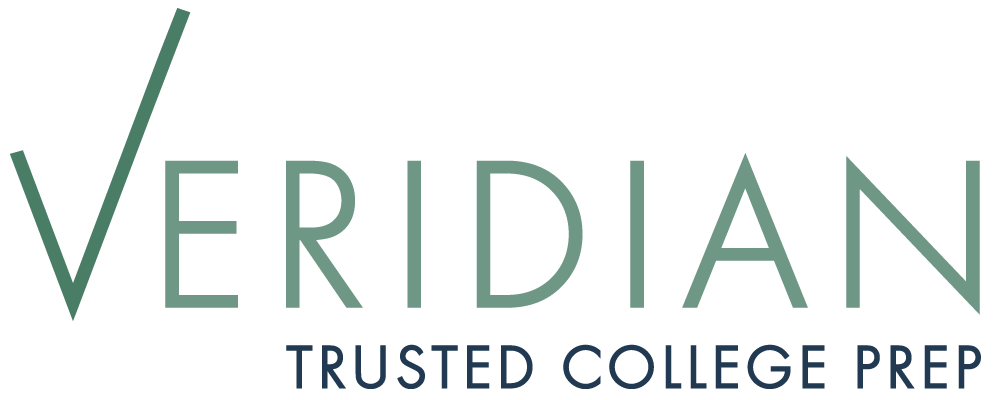Why Group ACT/SAT Prep Classes Aren’t Effective
By Valerie Erde
Study groups are excellent for reviewing material—after you’ve been taught it. But imagine a group of teens trying to learn new concepts together, without an expert or anyone to correct them if they don’t fully understand a concept. If everyone in the group has the same misunderstanding, there’s no one around to get things back on track.
Group test prep for the SAT or ACT is a little like a high school study session. Students can certainly review and quiz each other over content, but that’s as far as it goes. If real learning and understanding are going to happen, individualized tutoring is the best avenue.
Let’s break down the advantages of personalized SAT or ACT prep over group classes.
Group Classes Don’t Give You Targeted Time
When my kids were little and were about to take swimming lessons, we had an option of two weeks in a group class or one week of individualized instruction. Both options cost the same amount. I went with the one week. Why? Because I knew my child would be using every minute of that lesson, not sharing it with other students.
During a one hour ACT/SAT tutoring session with a group, your student has very little personal interaction with the expert. Most of the time is devoted to lecture—someone in the front of the room sharing information. There are opportunities to practice testing skills, of course, but the emphasis is not on your individual student.
On the other hand, in a one hour private session, all sixty minutes are about your child. So when I meet with a student one-on-one and present a concept, I can immediately check for understanding. If your student doesn’t get it, we stop and work through it. That’s why we turn to tutoring when a student needs extra help keeping up or getting ahead in his classes: a small amount of time, one-on-one, can yield exponential growth.
Group Classes Don’t Provide Individualized Strategies
Many SAT or ACT tutors have at least some training, and group classes are often led by energetic and youthful tutors attempting to relate to the students in front of them. There’s nothing wrong with that except that it has nothing to do with improving test scores.
There are evidence based, well-researched methods for learning and retaining things. The same holds true for performing well under pressure, using time wisely, and reading carefully. One-on-one tutoring is the best chance for a student to learn these strategies. Experts, like those at Veridian, have been through the test process over many years, including with their own children. They have anecdotal and practical strategies that have worked in the past.
Individualized test prep means that the strategies that work for your child can be incorporated into their learning; if they are bored easily and need to change activities frequently, a well-equipped tutor has lots of options up her sleeve.
This article in the UK newspaper The Guardian discusses the benefit of sitting through realistic practice (or mock) exams. That’s just one tool available for students, and should be part of any test preparation. However, group classes often over rely on the value of full-length practice tests. An experienced tutor can use a few targeted questions, or just a section, to check for growth and likely results.
Group Classes Don’t Provide Personal Attention
Time and strategies both tie into the core reason for opting out of group test prep: individualized attention. Students learn because of relationships, above all else. That doesn’t mean a student and tutor have to become lifelong friends. It does mean that as a tutor I come to understand a student. That is hard to do in a group situation—ask any classroom teacher at any grade level.
Targeted attention during individual tutoring can look like readings related to a students’ interests. It can look like asking about their after-school activities, remembering what’s going on with them from week-to-week. Attention means larger things as well, such as a proper assessment of a student’s testing strengths and weaknesses: looking at all the data available from an ACT enhanced score report or SAT report. There’s a lot of information there, all of which gives clues as to where to focus precious test prep time.
In a group test prep situation, these scenarios simply aren’t available. Group class pricing may seem lower because one tutor can service many students at a time. That the upfront pricing is lower may be a better way to put it. Without individualized, focused tutoring, an initial investment likely will not be enough.
Remember those swimming lessons I mentioned earlier? Not only are those kids strong swimmers now, but their progress in one week far surpassed what other children were able to accomplish in two weeks of group lessons. My kids had a teacher focused on them—helping them overcome fears, correcting their specific errors, and cheering on every success.
“This analysis suggests unequivocally that the average effect of [group] coaching is nowhere near the levels previously suggested by commercial test preparation companies. ”
Your student may seem big enough to not need one-on-one attention now. He or she might be able to do just fine in a group class. But they won’t get instruction based on their error patterns on standardized tests. They won’t get a tutor who tries to connect to their interests and celebrates their triumphs. That’s something that requires personal ACT or SAT test prep help.

